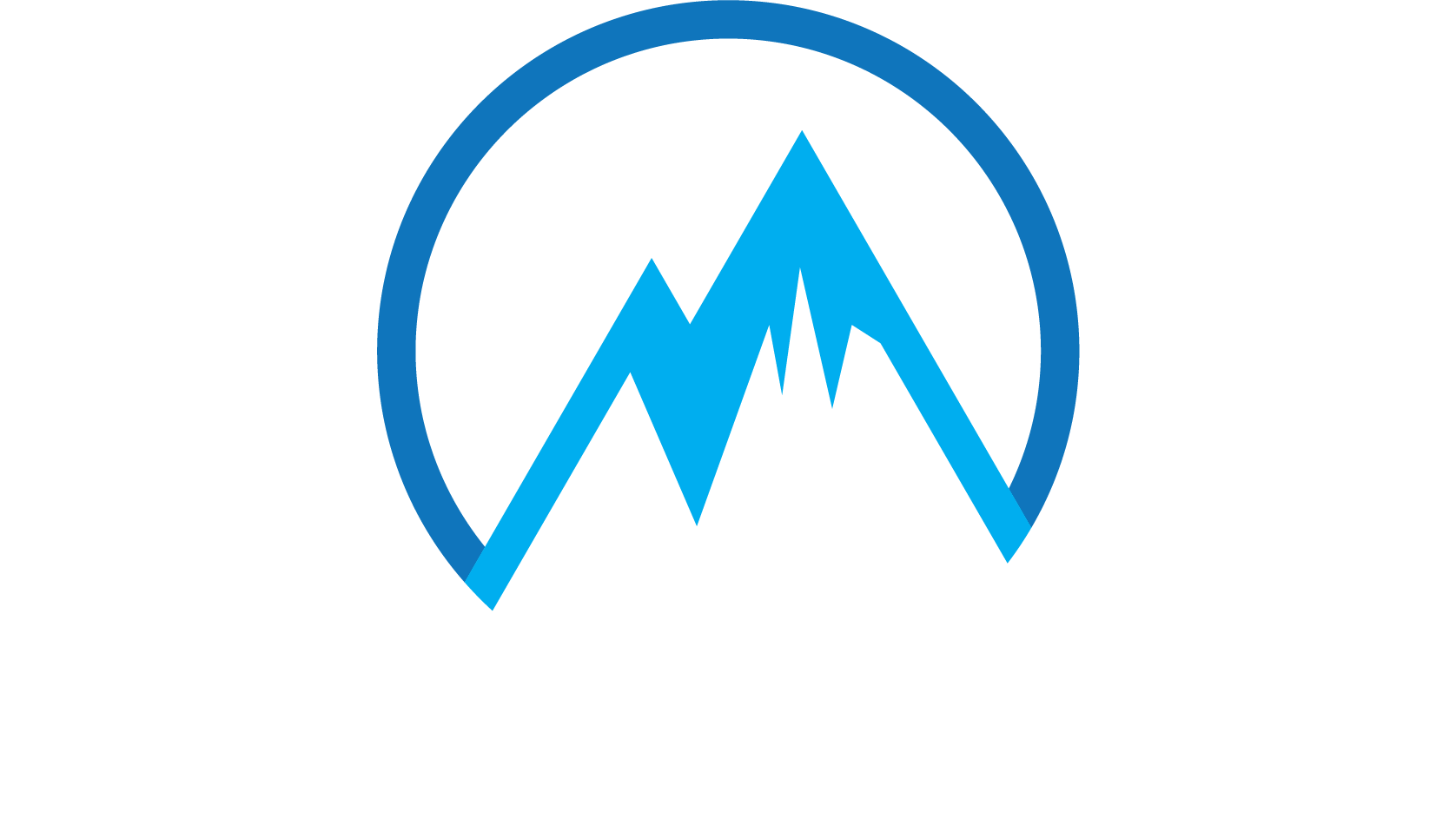In the current economic climate, organizations must adapt to the challenges posed by a slow economy. Despite this, it remains imperative for companies to adhere to their digital roadmaps and support their digital infrastructure. To effectively manage costs while maintaining progress, organizations should consider engaging contractors as an alternative to services for managed services, upgrades, and deployments. By doing so, they can directly leverage the expertise of skilled developers, reducing the hourly costs typically associated with engagements.
The Rationale for Engaging Contractors:
In uncertain economic times, organizations often face budget constraints that necessitate a critical evaluation of expenditures. Engaging contractors presents an opportunity to optimize costs while still advancing digital initiatives. By considering this option, organizations can benefit from the following advantages:
Reduced Hourly Cost: Engaging contractors directly enables organizations to negotiate more favorable rates, often significantly reducing hourly costs.
Direct Access to Skilled Developers: Organizations gain access to a pool of experienced and qualified professionals who can provide specialized expertise by working directly with contractors. This direct collaboration fosters better communication, streamlined processes, and increased agility in project execution.
Flexible Engagement Models: Contractors offer flexible engagement models tailored to the organization’s specific requirements. This adaptability allows for customization of the contracting arrangement, ensuring that the organization receives the desired level of support, be it for short-term projects or long-term commitments.
Maximizing Value Through Contractor Engagements:
To ensure a successful partnership with contractors, organizations should consider implementing the following strategies:
Careful Selection Process: Conduct a comprehensive evaluation of potential contractors, considering their track record, technical expertise, and relevant experience. Request references, review portfolios, and conduct interviews to ensure a good fit with the organization’s specific needs.
Clear Scope Definition: Establish a clear and concise project scope, outlining deliverables, timelines, and expected outcomes. This clarity will help align expectations between the organization and the contractor, reducing the risk of misunderstandings and delays.
Effective Project Management: Assign a dedicated project manager within the organization to oversee the contractor’s work. Regularly communicate project objectives, monitor progress, and address any issues promptly. This proactive approach ensures efficient collaboration and timely completion of tasks.
Documentation and Intellectual Property Rights: Clearly define ownership of intellectual property rights and ensure that all contractual agreements are well-documented. This step helps protect the organization’s interests and avoids potential disputes over ownership and usage of developed solutions.
In a slow economy, organizations must be proactive in managing their digital initiatives while optimizing costs. Engaging contractors as an alternative to services offers a viable solution to achieve this balance. By directly working with skilled developers, organizations can leverage cost advantages, access specialized expertise, and adopt flexible engagement models. With careful selection and effective project management, contractor engagements can deliver successful outcomes, aligning with the organization’s digital roadmap and supporting its digital infrastructure.
